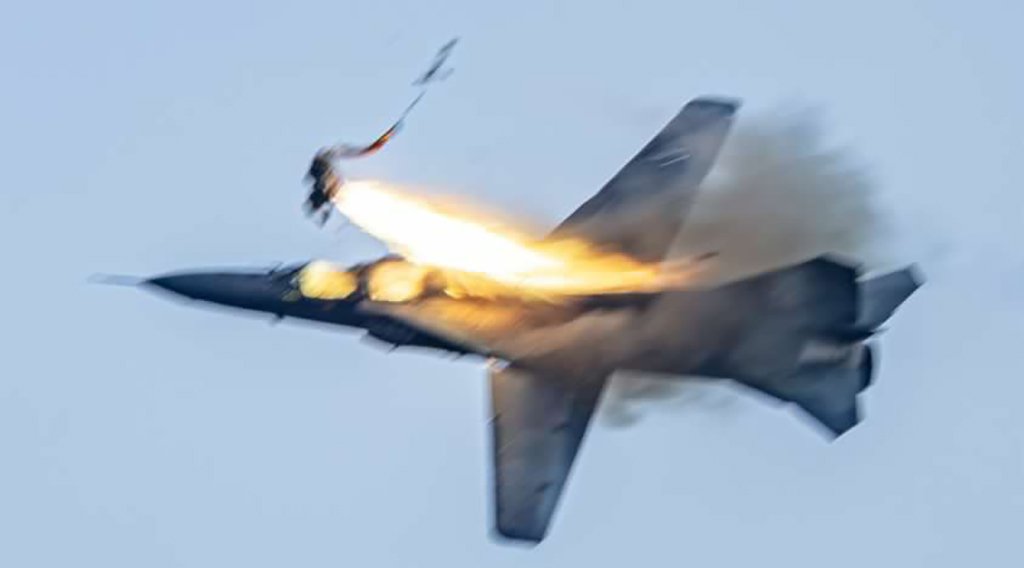[ad_1]

“MiG-23 Pilot Not Ready To Eject When Ejection Was Initiated” NTSB Preliminary Report Says.
The National Transportation Safety Board (NTSB) released the preliminary report on the investigation of the August 13 MiG-23UB crash at the Thunder Over Michigan airshow. As we reported, two pilots ejected from a privately owned two-seat MiG-23UB Flogger, registration N23UB/1038107, and landed in Belleville Lake, while the jet crashed near the Waverly on the Lake Apartments in Belleville.
The MiG-23UB, the only private Flogger in the world, was owned by former U.S. Navy pilot Dan Flier who runs a popular Instagram page providing updates on the N23UB as well as other Floggers in the process of being restored. The stricken aircraft had been one of the highlights of the SUN ‘n FUN Aerospace Expo at Lakeland, Florida, in April, and, more recently, the EAA’s AirVenture airshow in Oshkosh, Wisconsin.
Photos and videos circulating on social media immediately after the crash showed the MiG-23UB on a left turn at low altitude before the two crew members ejected because of an unknown problem. The preliminary report now sheds some more light on what happened, and it appears that the ejection was initiated by the backseater while the pilot was still troubleshooting engine problems.
Here are the statements released by both occupants to the NTSB, as presented in the report:
The pilot reported that the flight departed from runway 23 at YIP, followed by a right turn to a “banana pass” (a low-level knife edge pass) along runway 23. Following the pass, he started banking the airplane and noticed that the engine afterburner did not ignite, and the airspeed began to decrease. He brought the swing wings into the fully forward position (16° sweep) to increase lift and began troubleshooting the problem. He was actively troubleshooting when the rear seat observer stated that they needed to eject. The pilot reported that he was not ready to eject and was still troubleshooting the problem and maneuvering the airplane toward runway 27 at YIP when his ejection seat fired, and he was out of the airplane. He stated that if either occupant pulls the ejection handle, both seats eject.
The rear seat observer stated that the airplane made a pass along the runway and the plan was to go to the left for another pass followed by a landing. He stated that the engine was not accelerating. He and the pilot had a brief discussion and began to climb up and gain altitude. They determined that they had some type of engine problem and needed to get back on the ground. He stated that they determined they did not have sufficient altitude to make it to a runway at the airport. He said they were compressed for time and needed to get out. When asked if he had pulled the ejection seat handles, he stated that he could not specifically remember but thinks that he would have pulled them.
As we mentioned at the time of the crash, the pilots were sent to the hospital out of precaution, with the report stating that they suffered minor injuries. No other injuries were reported on the ground. The report also confirmed that the aircraft impacted the ground about one mile south of the runway end, with the fuselage section that contained the tail surfaces and engine coming to rest adjacent to an apartment building and the remainder of the airplane fragmented and distributed along a 600 ft-long wreckage path.
[ad_2]
Source link
